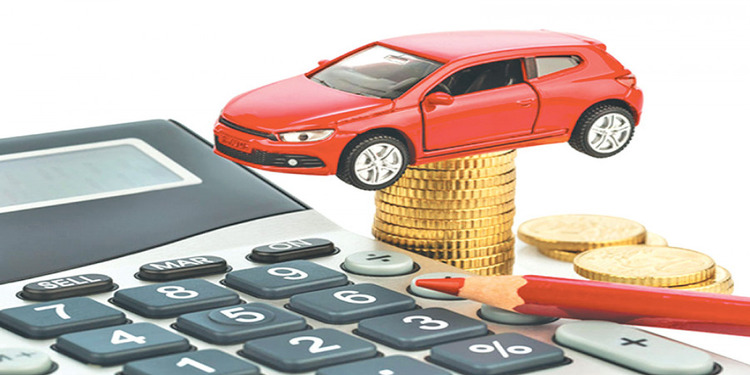
The Ethiopian Ministry of Finance has issued a revised tax policy exempting Electric Vehicles (EVs) from taxation.
According to the Ministry of Finance, the measure intends to encourage local car assembly and make electric vehicles more accessible to customers. The updated legislation exempts EVs from Value Added Tax, Excise Tax, and Surtax, whether imported or locally built.
In addition, the government has decreased Customs charges levied on EVs based on their assembly status.
Ethiopia’s tax structure is frequently chastised for making automobiles expensive for ordinary inhabitants, who must pay twice as much as Kenyans living just across the border. Aside from Customs duties, automobile importers must pay five distinct types of taxes. These taxes include a 15% VAT, an excise tax ranging from 5% to 500% (depending on engine size, age, and type), a 10% surtax, a 3% withholding tax, and income tax.
Together with the import price, imported automobiles are too expensive for the common individual to afford. According to a survey, locally manufactured automobiles are similarly costly for many since the tax charged on local assemblers is only 5% lower than that levied on commercial imports.
The fees levied on non-electric cars have remained unchanged, as officials want to replace the rising number of fuel-consuming transportation alternatives with ecologically beneficial electric vehicles. Authorities, on the other hand, anticipate that EVs will be cheap as a result of the altered levies, which will increase local assembly and drive down prices.
According to the Ministry of Finance, the most recent tax adjustment took safety and environmental concerns into account as part of an ambition to build a carbon-free transportation system.
According to the Ministry, the newly updated law will promote the developing local electric vehicle assembly sector and EV imports while lowering the cost of EV customers. The rule applies to a variety of electric cars, including private, public, and freight EVs. According to the Finance Ministry, both imported and domestically built electric cars would be totally free from value-added tax, excise tax, and surtax.
It further states that EVs completely constructed in Ethiopia would be completely exempt from customs duty, however partially assembled EVs will be subject to a 5% Customs charge. EVs made in other countries, on the other hand, will face 15% tax duties.
The new tax revision comes nearly two years after Marathon Motors Engineering Plc brought the first domestically built EV to the Ethiopian vehicle market.
Others have now entered the electronic car assembly market, and numerous additional companies have begun to import EVs.
In its ten-year strategic plan, the government intends to introduce 4,800 electric buses and 148,000 electric automobiles.
